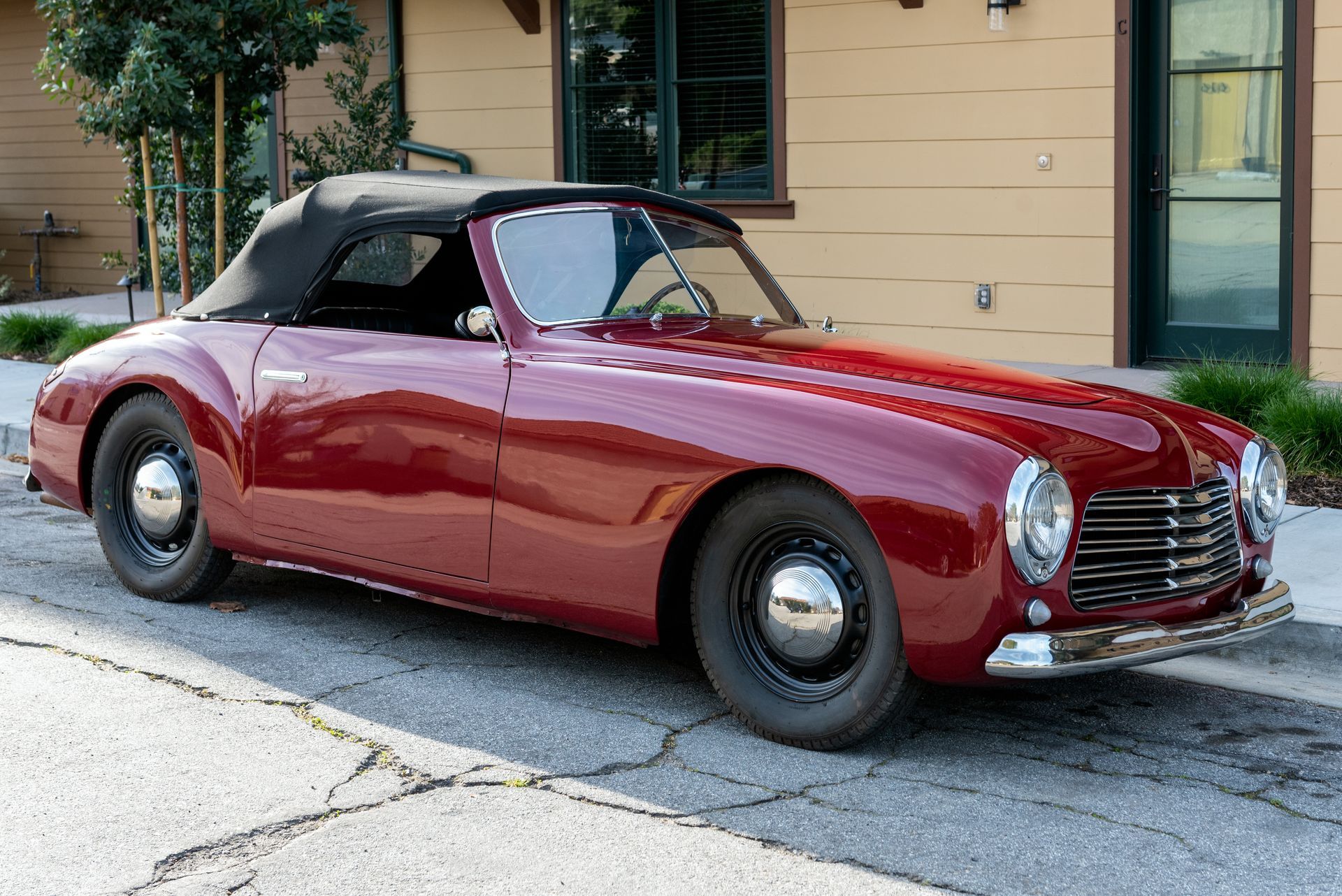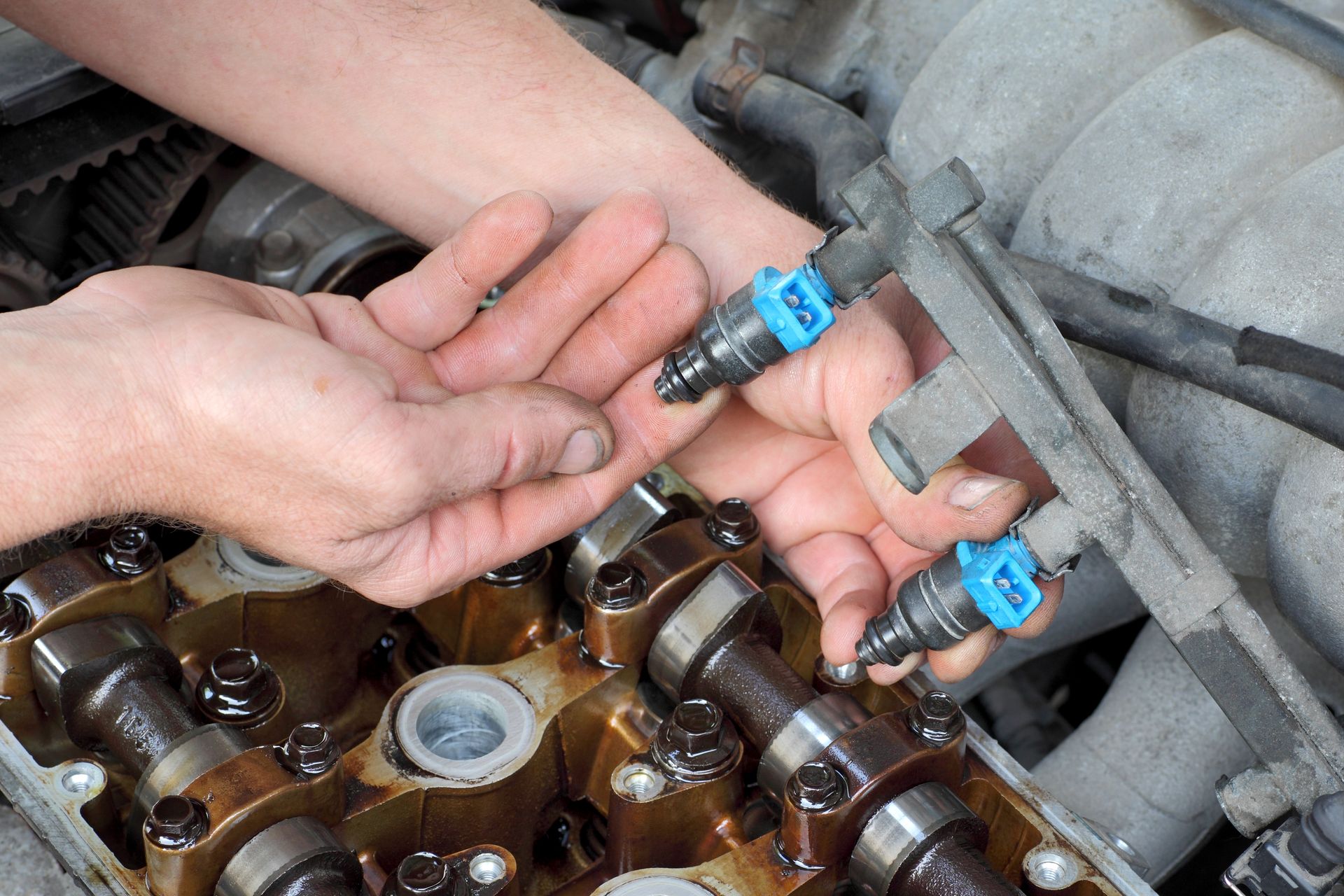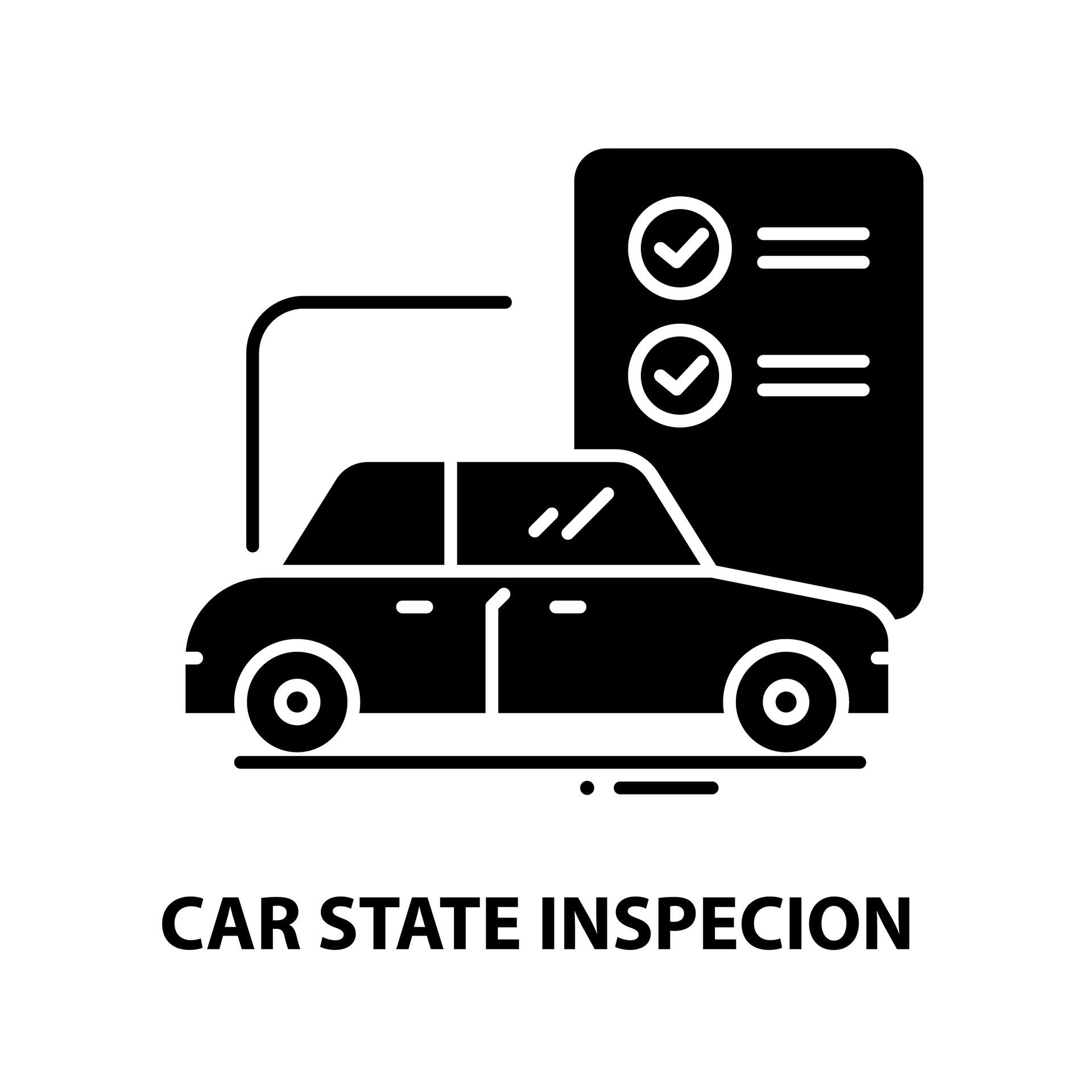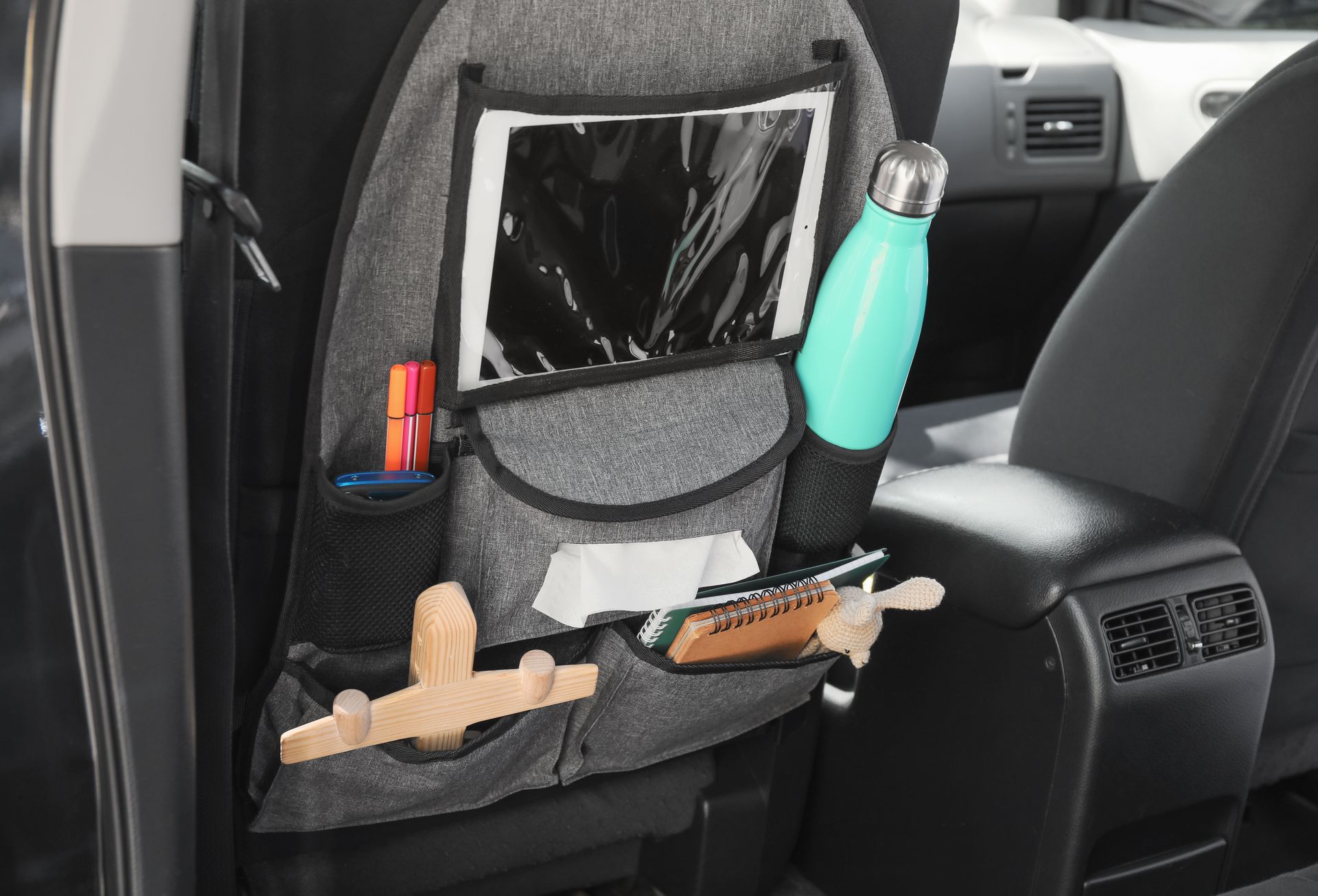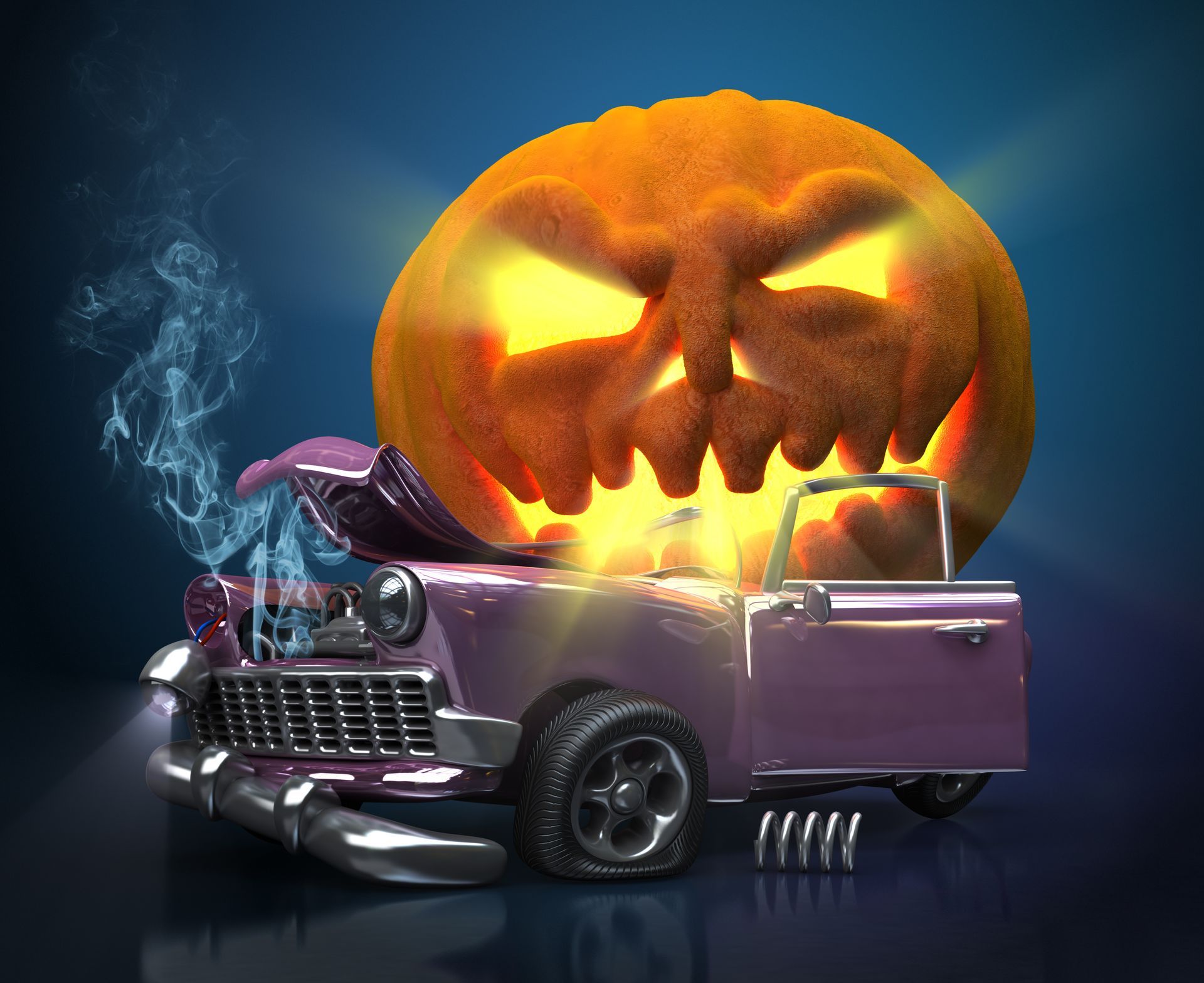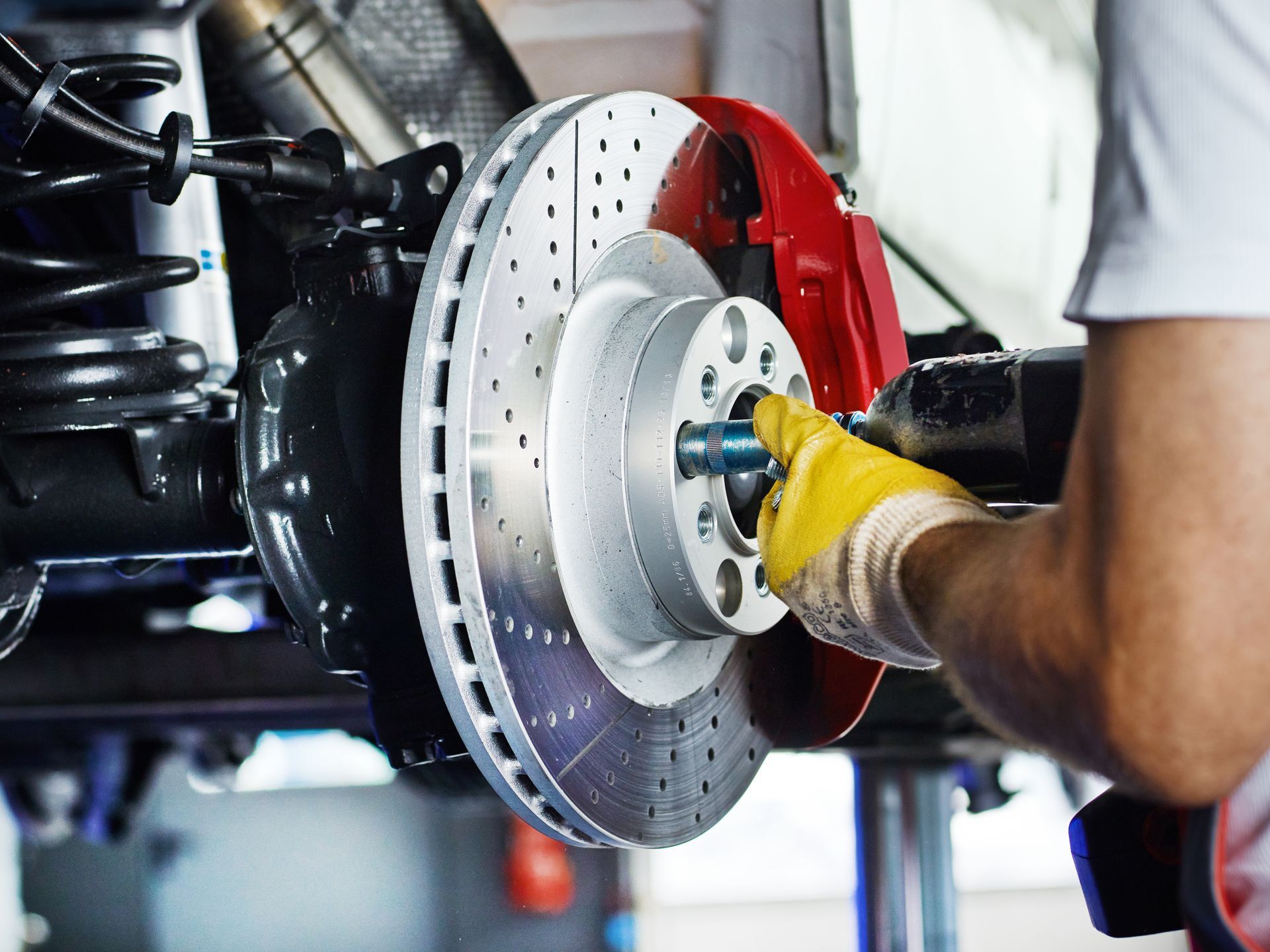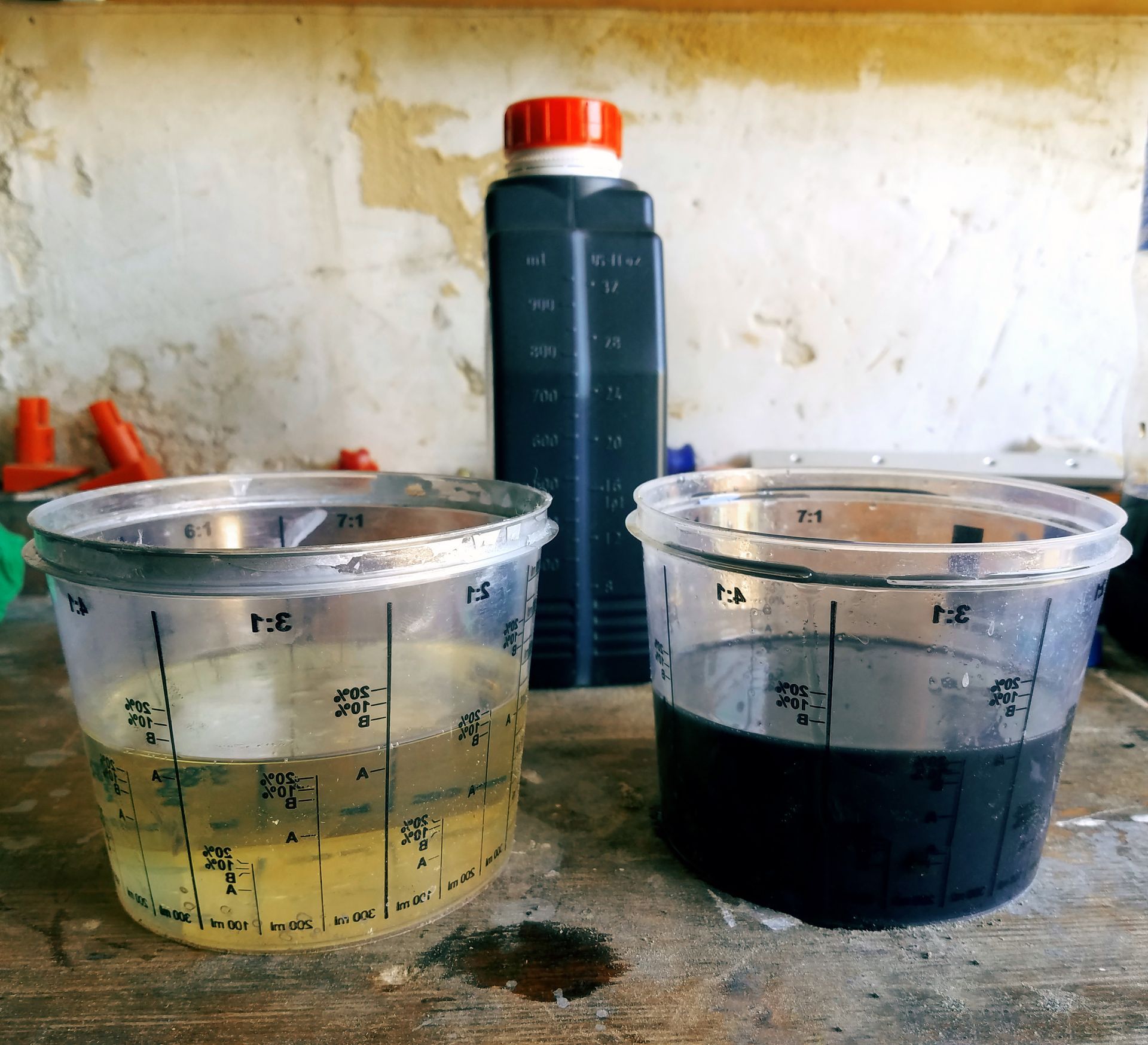Engines generate immense heat during operation due to the combustion process. If this heat isn't properly managed, it can lead to engine overheating, significantly reducing the engine's efficiency and lifespan. This is where the cooling system plays a big role. It keeps the engine at an optimal temperature, ensuring that it works efficiently and safely.
Basic Components of a Cooling System
To get a better understanding of anything related to the cooling systems, it's vital for you to know the main parts. It comprises several key components, each of them playing a vital role in heat dissipation.
The radiator acts as the central hub where heat exchange occurs. The water pump circulates coolant throughout the engine. Coolant, typically a mixture of water and antifreeze, absorbs engine heat. The thermostat regulates the coolant flow based on temperature, and hoses connect these components, ensuring a seamless flow of coolant.
Functioning of the Cooling System
The cooling process begins with the engine heating the coolant. As the coolant circulates, it absorbs heat from the engine and moves towards the radiator. In the radiator, heat is exchanged with the surrounding air, bringing the fluid to a lower temperature. This all happens before it's recirculated back into the engine. This cycle continues, maintaining an optimal operating temperature.
Engine Overheating - What Does It Mean & What Are the Causes?
Engine overheating is similar to a fever, but a little more mechanical. It happens when the engine of your car gets too hot, which is often due to a malfunctioning cooling system. A low level of coolant, a leak, or a broken thermostat or water pump could cause this. When the system can't circulate coolant properly to absorb and remove heat, the engine temperature rises. If the temperature gets too high, it can cause damage to the engine parts.
It's like trying to run a marathon while wearing a heavy coat. Eventually, you'll overheat because the heat can't escape!
Types of Cooling Systems
There are primarily two types of cooling systems: Air-cooled and Liquid-cooled. Air-cooled systems use direct airflow to reduce engine heat, while liquid-cooled systems use a coolant mixture. Each type has its advantages and disadvantages.
Air-Cooled Systems
Benefits:
- Fewer parts, making it less complex.
- Lighter, which can improve vehicle efficiency.
- Generally, it requires less maintenance.
- Often cheaper to produce and repair.
Negatives:
- Less efficient in heat dissipation, especially in stationary or slow-moving traffic.
- Might struggle in extremely hot climates.
- Typically noisier due to reliance on air flow.
Liquid-Cooled Systems
Benefits:
- Superior in maintaining a consistent engine temperature.
- More effective in heat dissipation, especially in varied driving conditions.
- Better suited for a wider range of climates and operating conditions.
- Generally provides better overall engine performance.
Negatives:
- More components make it more complex.
- Heavier, which can affect vehicle efficiency.
- Requires more regular maintenance, like coolant level checks and potential leak inspections.
- Typically more expensive to repair due to complexity.
How Is The Engine Connected To The Cooling System?
The engine is connected to the cooling system through a network of channels and passages within the engine block and cylinder head. These passages allow the coolant to flow around the engine, absorbing heat. The specific connection method can vary depending on the engine design and type of cooling system.
In a Liquid-Cooled System:
Coolant is pumped through passages in the engine block and cylinder head. As the coolant circulates, it absorbs heat from the engine before flowing to the radiator, where it's cooled down.
In an Air-Cooled System:
Although air-cooled systems don't use coolant in channels, the engine block and cylinder heads are designed with fins to increase surface area. These fins facilitate the flow of air over the engine and carry away heat.
A few questions you might have!
Can I switch from an air-cooled to a liquid-cooled system in my vehicle?
While it's technically possible, it's a complex and costly process. It requires significant modifications to your vehicle's engine and chassis. Generally, it's more practical to choose a vehicle with the desired cooling system initially.
How often should I check the coolant level in my vehicle?
It's a good practice to check your coolant level at least every oil change, or as recommended in your vehicle's manual. Checks help you spot potential issues early, preventing major problems.
Why does my car overheat more in traffic than on the highway?
This is often due to reduced airflow through the radiator in slow-moving traffic. On the highway, the constant movement of the vehicle pushes more air through the radiator, aiding in cooling. In traffic, less air movement can lead to increased engine temperature.
For expert cooling system maintenance and all-around vehicle care, the team at Three Suns Auto Care is here to help! Just book an appointment, come to the shop, and we will handle the rest!

